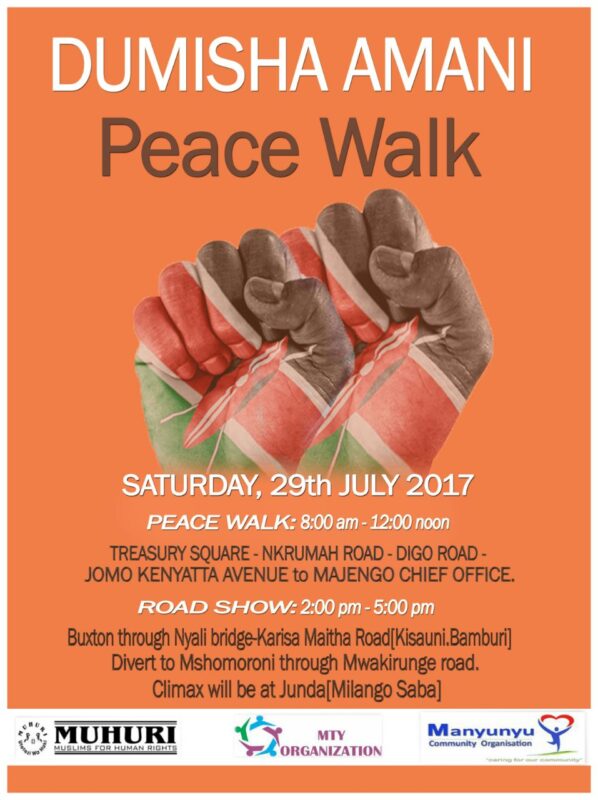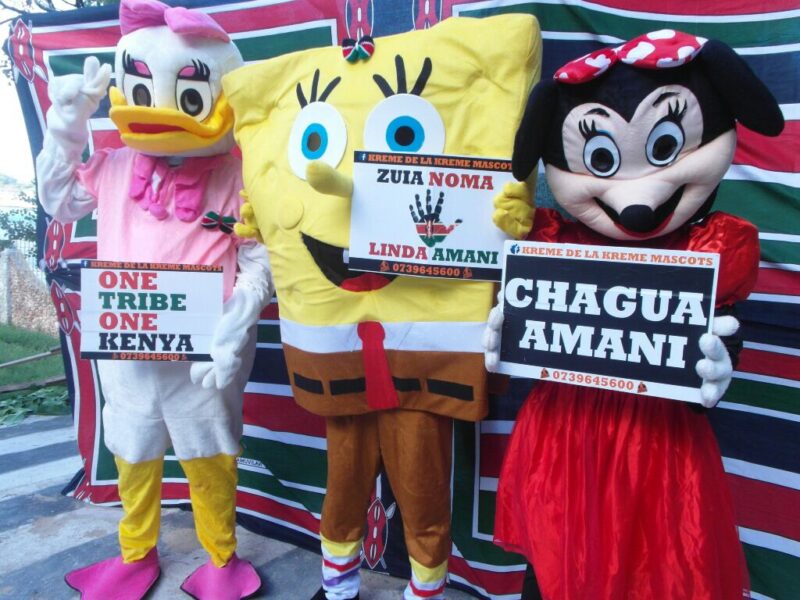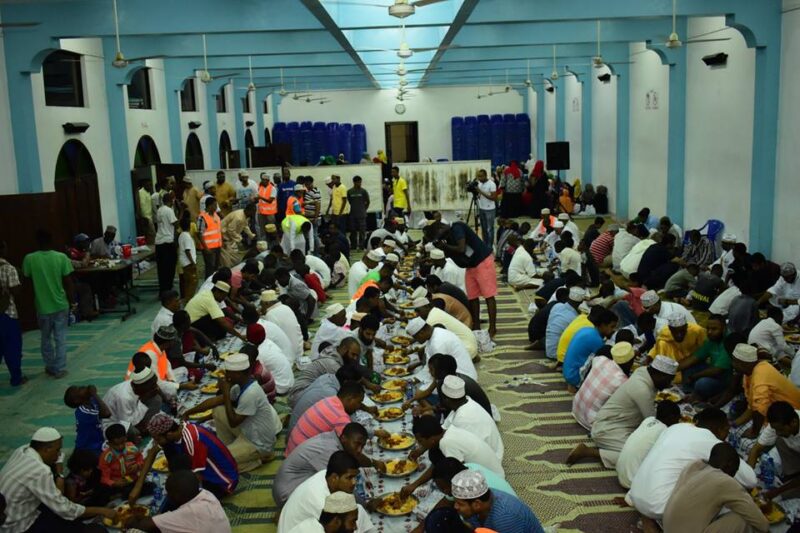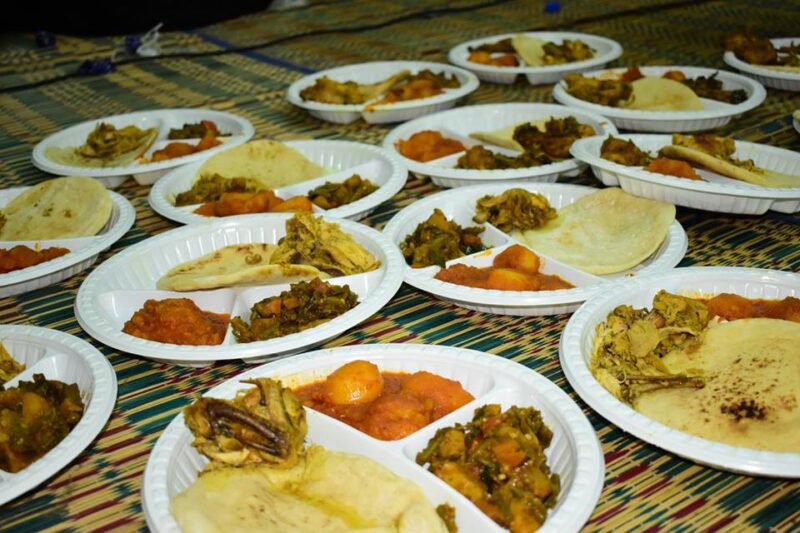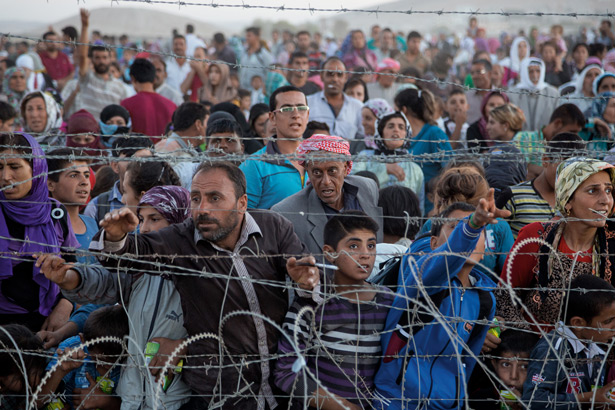Photo Courtesy: MTY Organization
Hey Amedo,
Assalam aleikum,
I would have said Ahmed but then who recognizes you with that name anymore? Haha, you are all grown Mashallah. I hope that’s how it is spelt? The Mashallah I mean and the assalam aleikum up there…haha what do I know anyway? I’m just this old pal from upcountry living in Mombasa. I remember hearing your parents use such phrases so many times…ah, your parents. I miss them, you know that? I wish they could see how grown and smart you are right now. Your parents and I, we had this special kind of relationship. I bet you wouldn’t remember much though. You were just eight when that unfortunate accident happened right? *Sigh*
When I first came to Mombasa twenty years ago, I remember how warmly I was received by your parents into this neighbourhood. I still remember your dad, tall and lean, with such a loud laughter, welcoming me like I was a long-lost brother. Your mother, on the other hand, prepared dinner for both me and my wife that night. “I bet you are tired,” she said in her shy voice. I was a bit puzzled with the reception. We were different people, different tribes, different cultures, different religions…what could have made them so comfortable to bond with us immediately? My wife was a bit suspicious at first. You know, we had heard of rumours about the Mombasa genies and how witchcraft is so common and human sacrifices are made to become ‘viti’. Well, we never even understood what those viti were. As far as we knew it, viti are chairs. Nonetheless, my wife, she was a bit worried at first. But then by the next three to four months, we had interacted with almost the entire neighbourhood. We came to learn that this is just how Mombasa is. Warm and lovely; feels like home. It is why we decided to remain here longer. We decided, this is the best place to raise our children.
After your parents passed away in the accident, your divorced aunt moved in to take care of you and your younger siblings. Your aunt was another very lovely lady. She is charming and full of life; the kind to hear her voice sweeping the compound as she sang famous taarab songs. She is the one who taught my wife how to cook biriani and pilau and all these tasty coasterian foods. I never get enough of these foods.
It was all going well for us until Timmy died. You remember Timmy don’t you? Sometimes I see you walk by my home and I yearn to talk to you, ask you if you remember him, if you remember how you two used to play football together, or how you used to stay up late playing PS until your dad would come force you out of our homestead. If you remember that your birthdays were only two weeks apart and that today, he would be 22 years old like you are. Perhaps that would lessen how much I miss him. But then every time I want to start up a conversation, I see the lines form on your forehead. I see how quick you respond just so as you can leave, how bothered you seem by just calling out your name. I never understand it. Maybe it’s my age; old folk what does he want? Or maybe my skin colour or maybe you just don’t recognize me anymore. Maybe…the maybe’s are endless.
Timmy…my only son, my lovely boy, died ten years ago. Both of you were just twelve years old. My son, he was killed. Do you remember? Do you remember the shrieks of pain? The screams? The tear gas, the fear, the stones, the chaos? Do you remember the 2007 post-election violence? You were young but you couldn’t forget how Timmy died right? Your best friend, your brother from another mother, could you? There was too much smoke, wails, angry protests and there we were, caught up right at the middle of it all. Our neighbourhood had always been peaceful, serene…what was happening now? How could everyone forget our brotherhood so fast? We were among the few “outcasts” in the compound. After more than ten years in Mombasa, we suddenly became “outcasts” because our skin colour was darker, our mother-tongue accent betrayed us and our features were clearly “not of here” and that was enough reason to have knives stabbed into our bodies. Because of my origin, my vote automatically meant someone and some party, and at that point, my tribe betrayed me, betrayed us all. We were robbed and deeply injured that night…but one more thing, we lost our son.
It took me three months to heal my wounds and my wife’s’ but we still have one wound that will always remain a wound; unhealed and it just has one word, Timmy. Your aunt has been there for us, all this time, for better for worse, just like we stood by her side whenever she couldn’t afford some bread to feed you all. But you worry me. You my son, worry me.
I see how opinionated you’ve become. How strong and firm you are. It is good. But yet it could be dangerous. I see you sit with your mates barazani, I see the fury in your eyes, the anger in your tone. I see you young men discuss politics like this is a battle field and you want to win at whatever cost. I see you argue, I see the clenched fists and the tribalistic insults. I see how your friends look at me, how they purposely shout out “Kila mtu arudi kwao” when I pass by. I see how you all are invested so much in politics you forget you are supposed to be friends. I see how some of you have stopped talking to each other because “he is pro-someone” and you are “anti-them”. I see how much belief and trust you have kept towards these politicians.
I know it is your right to have an opinion, to vote and to be politically affiliated. Yet I want to remind you my son, when your parents died, I was the one who came to your home and took you for the next few nights, I want to remind you that Timmy was your friend despite me and your parents having different cultures and political opinions. I want to remind you that when we were stabbed, it was your aunt who washed off the blood in our house. That she was the one who nursed our wounds like she was paid for it.
I want to remind you, that during those ugly, dark moments it wasn’t my favourite politician who stood by me, by us. It wasn’t my tribe, or my mother-tongue accent that helped me through those difficult times. It wasn’t your favourite politician either. It was you and your people. It was my neighbours, my friends, my associations who have totally different opinions from mine. But we knew that friendship or any other form of relationship should never be sold for the sake of dirty politics. This game is too dirty. My son, I see how you and your friends are too aggressive in this whole politics business, remember, the game is too dirty, too cheap for your hands.
I am so proud of who you are, what you’ve become; an educated focused man who wants change. I guess we all need the change, don’t we? Just never forget that no change comes from animosity, rivalry, hatred or stubbornness. Remember that for better for worse, none of the politicians will be at your doorstep to help you with your personal problems other than your personal friends and relations. I need you to never forget the humanity joining us; these small joyful moments we have shared between us all; as neighbours, as brothers, as co-existing human beings, as people of the Coast, whether by nature or nurture, as people of Kenya. Never forget that we are naturally bonded as humans before politics ever divide us.
This coming election, my son, remember my words. Remember that chaos will never beget change. That your voice in the call of peace is important and necessary. Remember to hold your friends close together, in unity and preach to them peace like you preach politics and politicians. Remember my son, no more bloodshed, no more Timmy’s, no more crying over spilled milk. Let’s all hold hands and pray for peace and unity. Remember we are One Kenya, One people. This elections, as you cast your vote (or not), remember peace, peace, peace!! May God protect us all. God bless Kenya!
Your next door neighbour,
Baba Timmy.
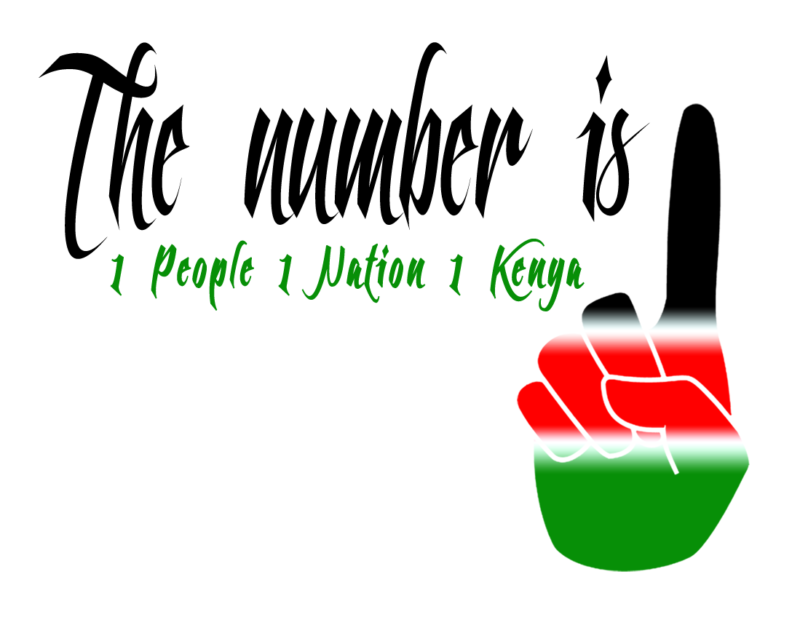
Photo Courtesy: https://youth4developmentkenya.files.wordpress.com
What is more interesting than standing together for Kenya that is united by all means? What is more interesting than a walk that preaches for peace and propagates for unity of all? The Dumisha Amani Peace Walk is a walk organized by MTY organization in conjunction to both MUHURI and Manyunyu community. It will bring together more than 200 youth to propagate the message of peace and unity. The peace walk shall start at treasury square and it will also entail performances by artists, holding hands pledges, peace mascots, security, media coverage and lots of fun, love and unity. Not signed up yet, text 0705 586 076. CHAGUA AMANI!!
